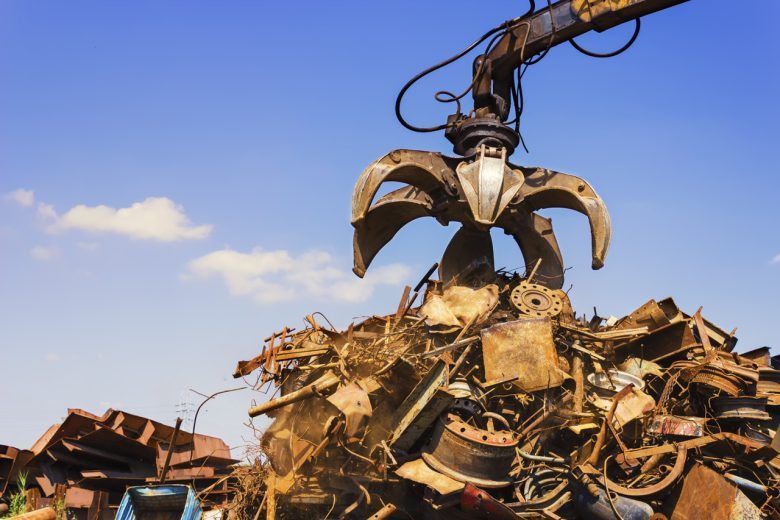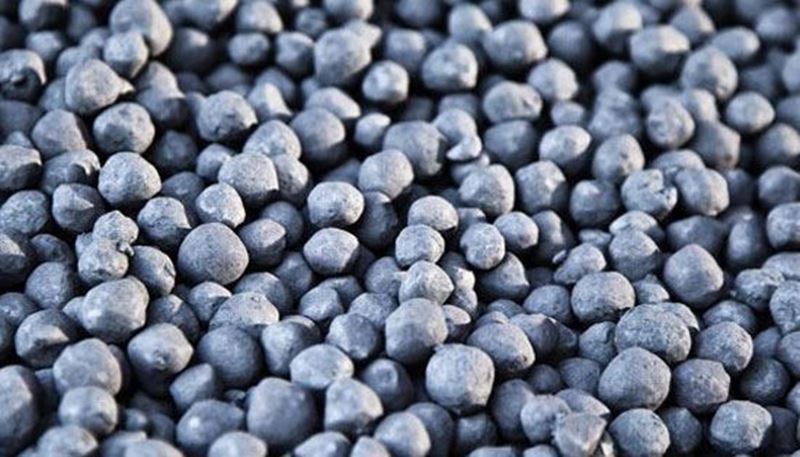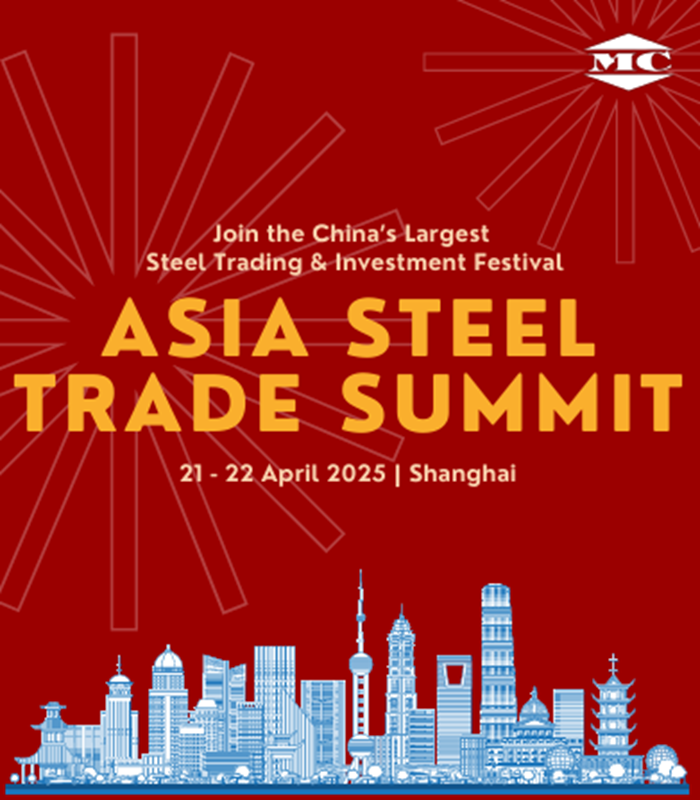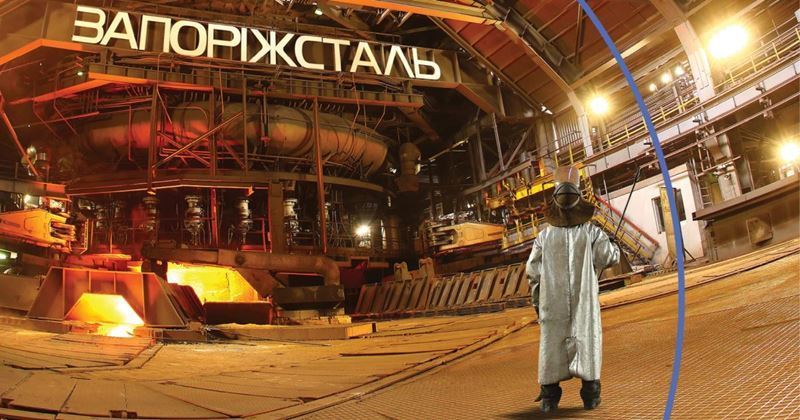The European Recycling Industries Confederation (EuRIC) and the Bureau of International Recycling (BIR) have expressed deep concern over the conclusions reached at the European Summit on the Future of the Steel Industry in Paris. “Following the adoption of the Waste Shipment Regulation (WSR), metal recyclers will already face increasing challenges when exporting recycled steel,” the two organizations stated in a joint press release, underlining that additional trade restrictions will harm the European industry and the environment.
“The EU does not have the capacity to use all available recycled steel”
There is no shortage of recycled steel in Europe, EuRIC and BIR stated: “The European recycling industry processes more than 100 million tons of steel per year and around 80% of the total production is used domestically. The remaining 20% is exported precisely because the EU does not have the capacity to use all the available recycled steel. This is not a “leakage” but an efficient allocation of resources in a functioning market. Recycled steel, which we prefer to call recycled steel rather than “scrap” to reflect its true value, is exported because it is a commodity whose value is recognized by global markets. Decades of experience through established recycling supply chains and stable international trade have enabled European recycling companies to become world-leading facilities that set global standards in terms of efficiency and environmental performance.”
“Recycled steel prices will be artificially suppressed”
Underlining that additional trade restrictions will harm European industry and the environment, the two organizations stated: “Following the adoption of the WSR, metal recyclers will already face increased challenges when exporting recycled steel. Bureaucratic and stringent control measures for valuable recycled steel are a barrier to increased circularity. Imposing additional export restrictions in the absence of material shortages would artificially depress recycled steel prices. The introduction of such barriers will predictably have the following consequences.”









Comments
No comment yet.